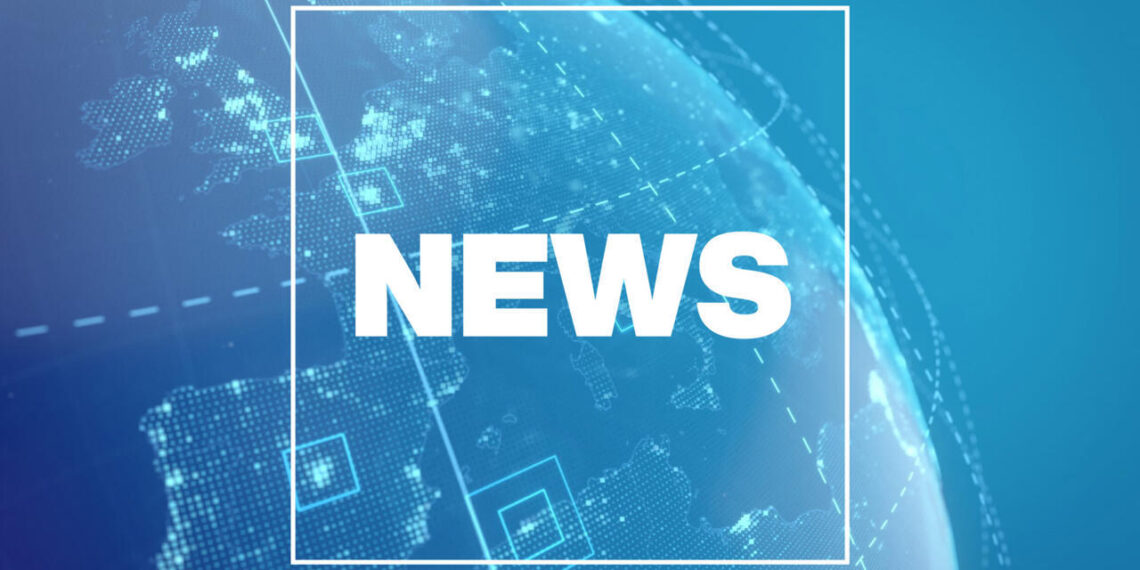The Power of News Informing, Influencing, and Shaping Our World
In an age dominated by information, news holds unparalleled importance. It informs decisions, molds public opinion, and plays a vital role in democracy. From ancient messengers to today’s digital push notifications, the way we consume news has changed drastically. Yet, its core mission—to inform—remains the same.
This article explores the evolution, power, and modern challenges of the news industry, covering everything from traditional journalism to fake news, media bias, and the role of technology.
The Origins and Evolution of News
Early Forms of News Communication
News has existed long before newspapers or television. In ancient Rome, the Acta Diurna (daily acts) was published on stone or metal sheets to inform citizens of political and social events. Town criers, scrolls, and letters later served similar functions in other cultures.
The invention of the printing press in the 15th century by Johannes Gutenberg revolutionized the spread of information. By the 17th century, printed newspapers began appearing regularly in Europe, forming the bedrock of modern journalism.
The Golden Age of Newspapers
By the 19th and 20th centuries, newspapers had become a staple of daily life. Names like The Times, The New York Times, and Le Monde emerged as trusted sources. Investigative journalism flourished, exposing corruption, advocating for social change, and giving a voice to the voiceless.
The Role and Responsibility of News Media
Watchdog of Democracy
One of the most critical roles of news media is to act as a watchdog over government and power structures. Investigative reporting has uncovered scandals like Watergate, exposed war crimes, and highlighted corporate malpractice.
A well-informed public is vital to a functioning democracy. News provides citizens with the information they need to make voting decisions, understand public policy, and hold elected officials accountable.
Shaping Public Opinion and Culture
News doesn’t just inform—it also influences. How a story is framed can affect public perception and social attitudes. For example, headlines, imagery, and tone can dramatically shift how audiences perceive immigration, crime, or economic performance.
Media outlets play a huge role in setting the public agenda—deciding which issues are spotlighted and which are ignored.

The Digital Transformation of News
From Print to Pixels
The rise of the internet has disrupted traditional journalism. Today, news travels at lightning speed through websites, social media, podcasts, and apps. While this has democratized information, it’s also created challenges for accuracy, context, and quality.
Print newspapers are struggling financially, with many going digital or shutting down entirely. Online journalism requires new revenue models, often relying on ads, paywalls, or sponsored content.
The Rise of Citizen Journalism
Smartphones and social platforms have turned ordinary people into reporters. Anyone can capture breaking news with a camera and share it instantly with a global audience. While this can bring raw, on-the-ground truth, it also raises questions about verification and journalistic standards.
Citizen journalism has played pivotal roles in social movements like the Arab Spring, Black Lives Matter, and protests in Hong Kong, where mainstream media access was restricted.
Challenges Facing the Modern News Industry
Fake News and Misinformation
The term “fake news” gained traction in recent years, describing deliberately false information spread to mislead, manipulate, or profit. Social media platforms like Facebook and Twitter have been criticized for enabling the viral spread of such content.
Fake news can undermine trust in legitimate media, confuse the public, and even influence elections. Fighting it requires media literacy, fact-checking services, and stronger platform regulation.
Media Bias and Polarization
In today’s fragmented media landscape, many outlets cater to specific political leanings. Conservative and liberal news audiences often receive vastly different interpretations of the same events, leading to polarization and tribalism.
While editorial bias isn’t new, the echo chambers created by algorithms and personalized news feeds amplify ideological divides and hinder objective understanding.
Economic Pressures and Declining Trust
Newsrooms face declining ad revenue, layoffs, and increasing reliance on click-based metrics. This incentivizes sensationalism over substance and erodes journalistic integrity.
Additionally, public trust in news organizations has dropped significantly, particularly in politically charged climates. Many people now struggle to distinguish between credible journalism and opinion-driven content.
Innovations and the Future of News
Subscription Models and Independent Journalism
To counter ad dependency, many outlets now use paywalls or subscriptions. Publications like The New York Times and The Washington Post have seen growth through quality content and digital innovation.
Meanwhile, platforms like Substack and Patreon allow independent journalists to build direct relationships with their audiences, offering niche or unfiltered content.
Artificial Intelligence and News Automation
AI is revolutionizing how news is produced and consumed. Algorithms can summarize articles, detect breaking news, and personalize feeds. However, automation also brings ethical concerns about editorial decisions, job loss, and bias in programming.
Some outlets use AI to flag misinformation or generate financial and sports reports with high accuracy and speed.
Media Literacy Education
Educating the public on how to critically evaluate sources is key to combating misinformation. Schools, NGOs, and media organizations are increasingly offering media literacy programs, teaching people how to identify bias, check sources, and discern credible information.
News in a Global Context
Press Freedom Around the World
Press freedom varies greatly across the globe. While countries like Norway and Finland enjoy high levels of journalistic independence, others like China, North Korea, and Iran tightly control media and restrict dissenting voices.
Organizations such as Reporters Without Borders monitor and rank countries based on press freedom, highlighting the dangers journalists face in oppressive regimes.
The Role of International News Agencies
Outlets like BBC World, Al Jazeera, Reuters, and AFP play crucial roles in providing balanced international coverage. They help bridge cultural divides and bring global awareness to issues like climate change, human rights abuses, and conflicts that local media might overlook.
Ethical Standards in Journalism
Accuracy and Accountability
Trustworthy news is built on a foundation of accuracy. Journalists must verify facts, seek multiple sources, and issue corrections when needed. Ethical guidelines, such as those from the Society of Professional Journalists (SPJ), stress the importance of transparency and accountability.
Protecting Sources and Whistleblowers
Journalists often rely on confidential sources to uncover sensitive stories. Protecting these individuals is both a legal and moral responsibility. Whistleblowers like Edward Snowden and Chelsea Manning have risked everything to bring public attention to government surveillance and abuses.
Avoiding Harm and Ensuring Fairness
Responsible news coverage avoids sensationalism, protects vulnerable subjects (especially in crime and tragedy), and strives to present all sides of an issue. Journalistic ethics demand fairness and sensitivity in storytelling.
The Enduring Relevance of News in a Changing World
The way we produce and consume News may be evolving rapidly, but its core value remains unchanged: to inform, to question, and to empower. In an age of information overload, quality journalism is more important than ever. News helps us make sense of the world, stay engaged in civic life, and hold power to account.
As readers and consumers, our responsibility is to demand truth, seek diverse perspectives, and support media that uphold journalistic standards. The future of news is not just in the hands of reporters—it’s in the eyes of every reader.
Conclusion: A Call for Informed Citizenship
From ancient town criers to real-time digital updates, the news has been humanity’s mirror—reflecting the events, trends, and values of our time. While the landscape continues to shift, the need for accurate, ethical, and fearless journalism is more critical than ever.
In a world flooded with information, being informed is no longer a passive act. It requires curiosity, skepticism, and discernment. By supporting credible journalism and developing media literacy, we ensure that news remains a tool for progress, not manipulation.








